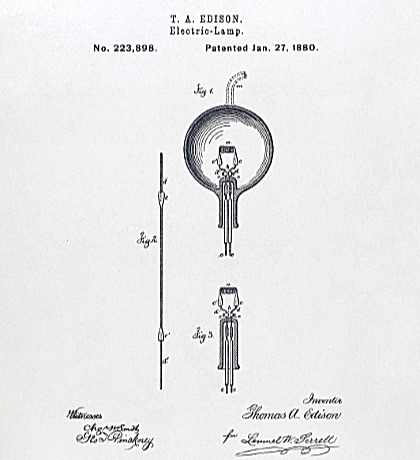
Rationalist epistemology mainly asks “how do you decide what to believe, given a set of possible beliefs?” It usually leaves unasked the question “where did those alternatives come from?” Meta-rationalism sees that as a major missing piece in the rationalist story.
There are two aspects to finding things you might come to believe.
-
First, you have to describe your situation in terms of some vocabulary or ontology. There are unenumerably many possible ways of characterizing a situation, none of them “correct.” When rationalism considers “hypothesis generation” as a problem (which is rarely), it assumes a fixed vocabulary.1
-
Second, even given an ontology, the number of candidate beliefs within it is infinite. How do you choose which to even consider?2
Many rationalist theorists explicitly state that inventing new ideas, theories, and hypotheses is inherently non-rational, and cannot be analyzed rationally. This has been the mainstream position in the philosophy of science, for example. That field distinguishes the context of justification from the context of discovery. Justification is a “rational reconstruction” that explains why we ought to believe the thing that was discovered. The scientific discovery process itself is considered to be a matter of “intuition,” “creativity” or “genius”; a “eureka moment” that many rationalist philosophers have explicitly termed “irrational,” “mysterious,” or even “mystical.” It cannot be analyzed rationally, and is therefore a matter only for mute veneration.3
The meta-rational view agrees that developing vocabularies, choosing hypotheses, and scientific discovery are partly non-rational. Specifically, they are meta-rational. But meta-rationalism is not satisfied with thought-stopping terms like “intuition” or “creativity.”
Parts Four and Five of The Eggplant explain that we can investigate and at least partially understand invention, innovation, and scientific discovery as meta-rational processes; and doing so is useful. They cannot be fully articulated, but that doesn’t mean we should say nothing at all.
- 1.See Alexandre Linhares’ “A glimpse at the metaphysics of Bongard problems,” Artificial Intelligence 121 (2000) pp. 251–270.
- 2.As a footnote in “Rationalism’s responses to trouble” observed, rationalists sometimes suggest enumerating all possible hypotheses systematically, and interleaving that process with collecting evidence. This Solomonoff induction is elegant as mathematics, but spectacularly impractical. In a strong mathematical sense, it is the most uncomputable process there can be. It is irrelevant to rationality in the real world.
- 3.See the Stanford Encyclopedia of Philosophy article “Scientific Discovery.” Fortunately, recent philosophy of science increasingly incorporates theories of creativity, and is more willing to ask how discovery happens.